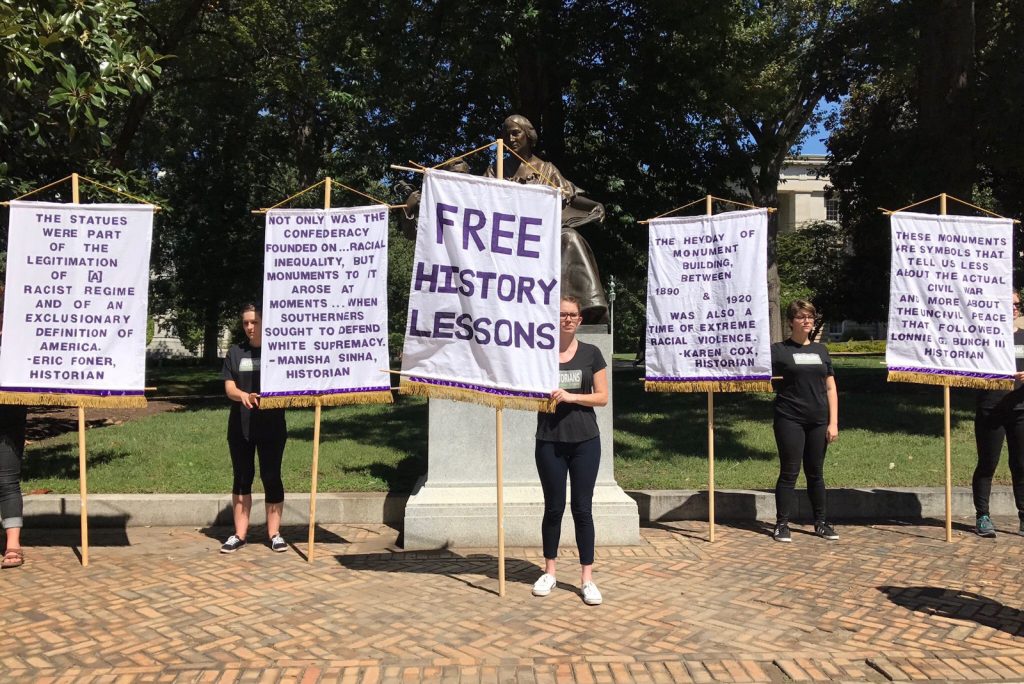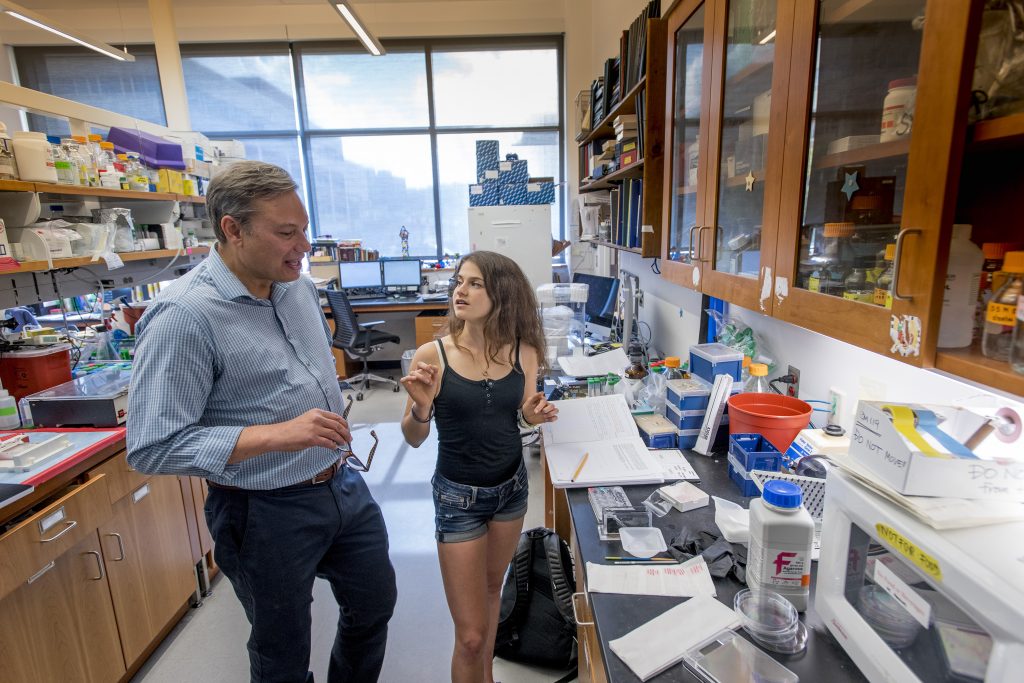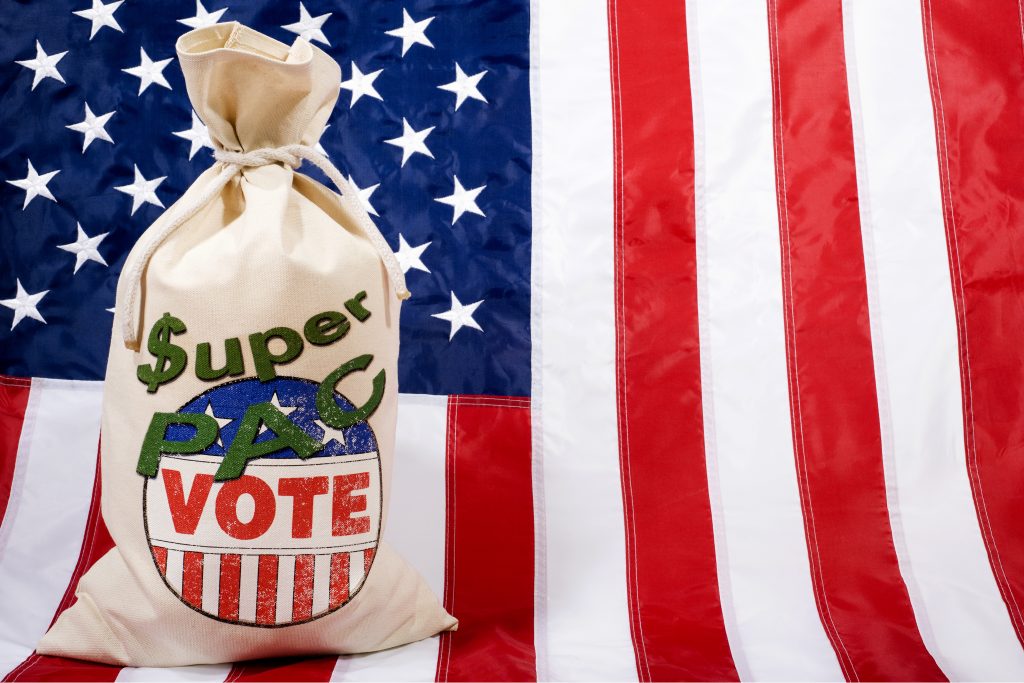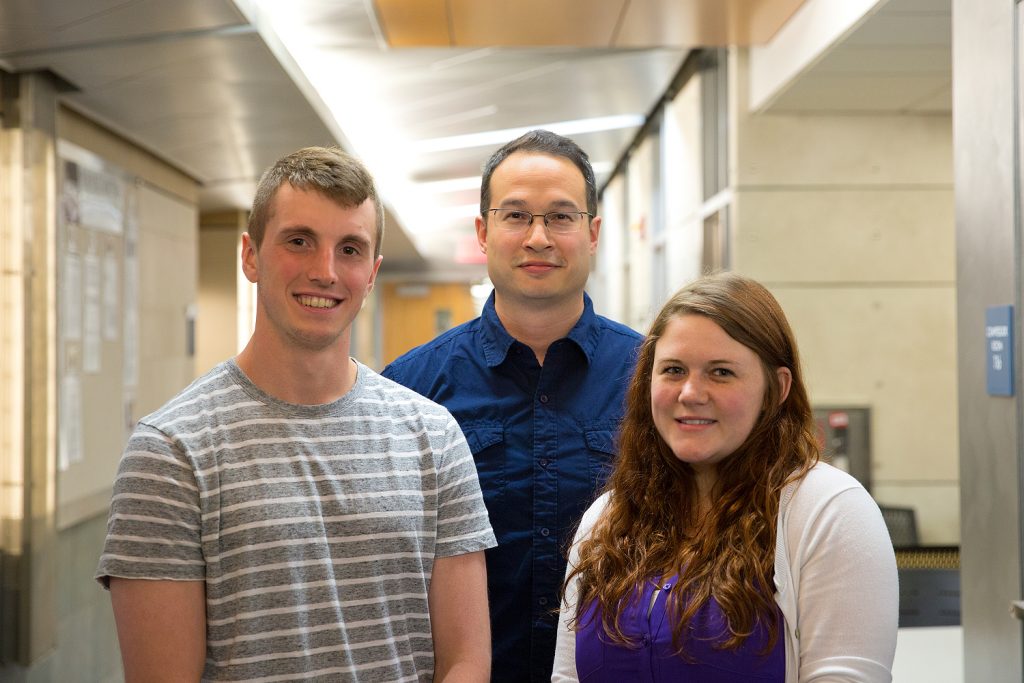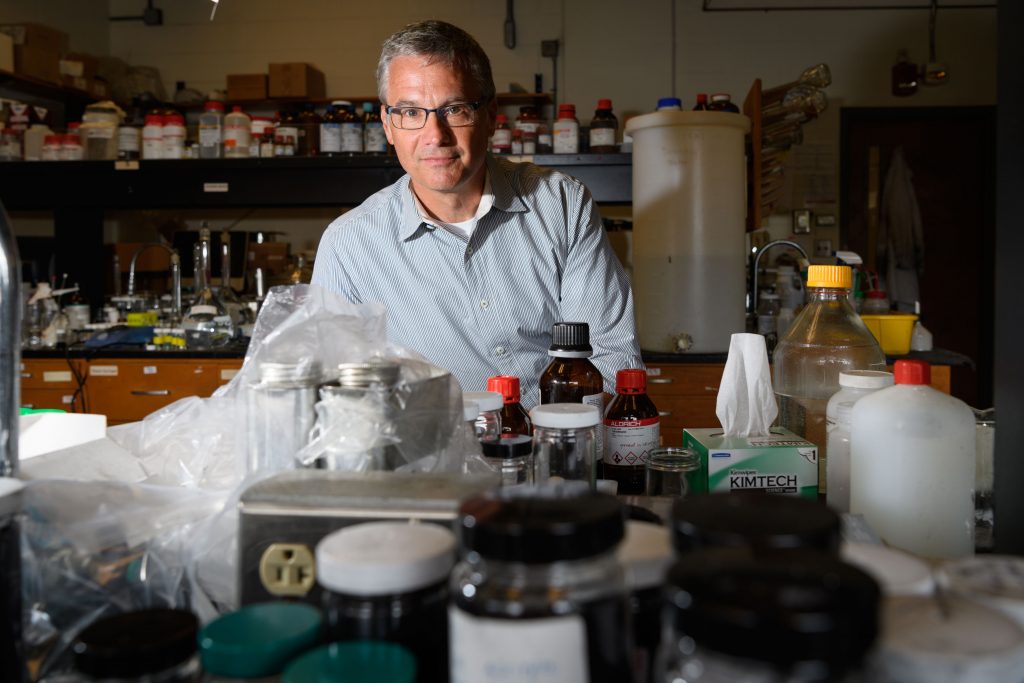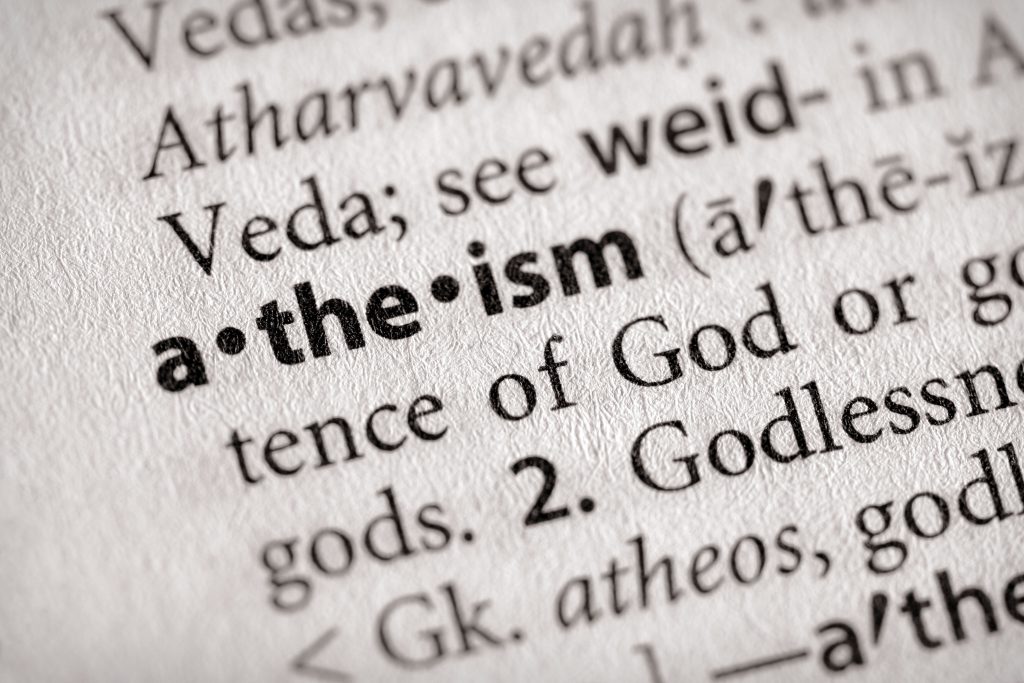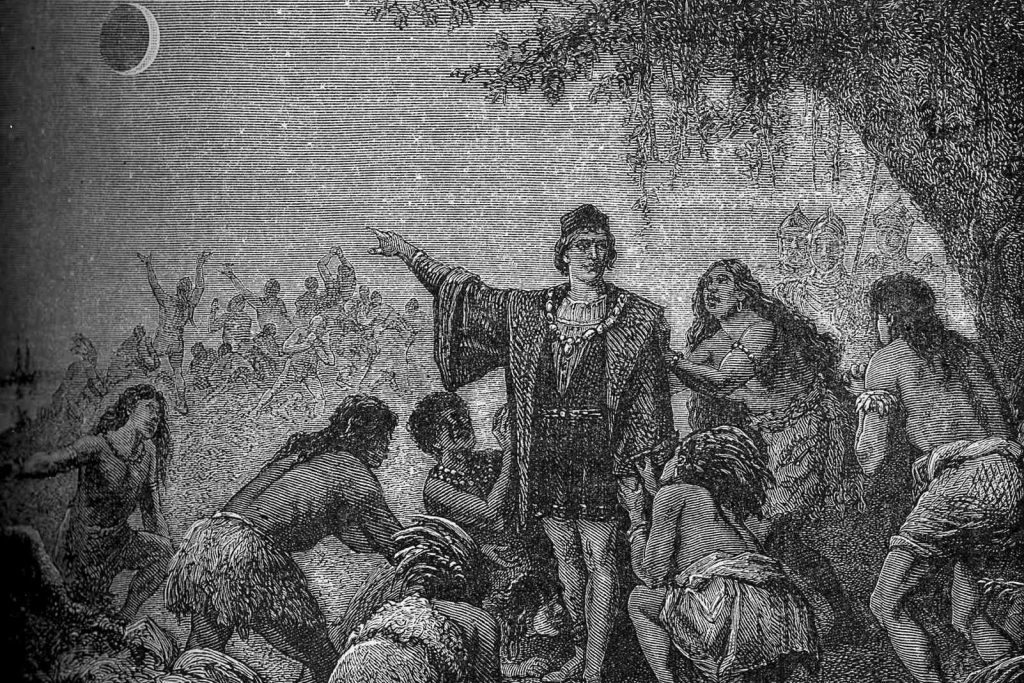College of Liberal Arts and Sciences
Our Monuments to Inequality
Why today’s America is much like that of the late 1800s, according to Manisha Sinha, Draper Chair of American History, and author of the prize-winning book, 'The Slave’s Cause.'
October 4, 2017 | Christine Buckley
Student-Athlete Strong: Ericka Randazzo
'Being a Husky teaches you how to be a better person – not just on campus, but for the rest of your life,' says Randazzo, a student in the Special Program in Medicine as well as an athlete on the Women's Track team.
September 29, 2017 | Susan Twiss
Op-ed: Comics Captured America’s Growing Ambivalence about the Vietnam War
The director of the Asian and Asian American Studies Institute says Vietnam War-era comics are a window into how people were interpreting events at the time.
September 27, 2017 | Cathy Schlund-Vials, Asian & Asian American Studies Institute
One-third of Parasites May Become Extinct in Our Lifetime
Admittedly, parasites—tapeworms, roundworms, ticks, lice, fleas and other pests—have a bad reputation. But they play an important role in the ecosystem.
September 6, 2017 | Combined Reports
Study: Racism Rooted in Small Things People Say and Do
New study looks at prejudicial attitudes toward blacks among undergraduates at a university in the South.
September 6, 2017 | Combined Reports
Super PACs ‘Based on Ideology Rather than Business’
Super PACs created to influence presidential and congressional election campaigns are primarily associated with ideological and issue-based causes rather than businesses, say UConn researchers.
September 1, 2017 | Kenneth Best
Beckman Scholars Program Prepares Research Leaders
The national scholarship program provides immersive research experiences to outstanding undergraduates majoring in the biological sciences or chemistry.
August 29, 2017 | Bri Diaz
Synthesizing Pure Graphene, a ‘Miracle Material’
UConn chemistry professor Doug Adamson has found an inexpensive way to manufacture the pristine form of this substance, which is stronger than steel and thinner than a human hair.
August 29, 2017 | Jessica McBride, PhD
Why (We Think) Atheists are More Likely to be Serial Killers
There is a global moral prejudice against people who do not believe in a god or gods, according to a new study by UConn anthropologist Dmitris Xygalatas and colleagues.
August 22, 2017 | Kim Krieger
Eclipse as Omen: The Human Response
A UConn philosophy professor who has studied early astronomy across cultures discusses how humans have interpreted eclipses in history.
August 17, 2017 | Kenneth Best
